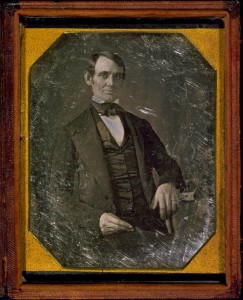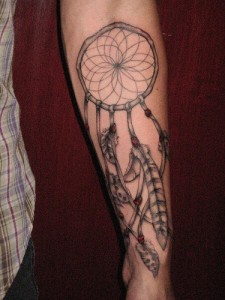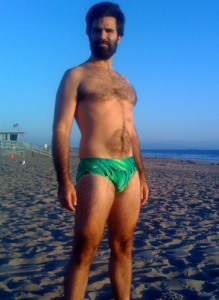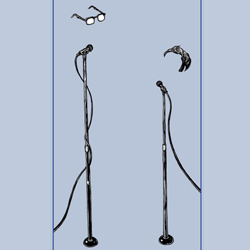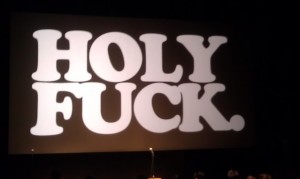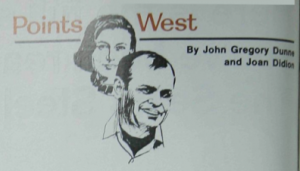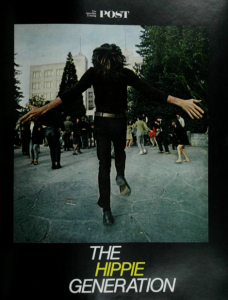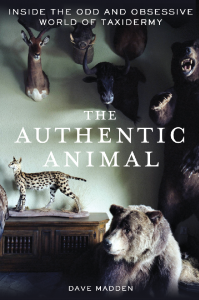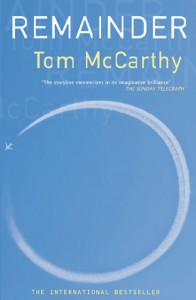 Sioux Falls, South Dakota, is a city wealthy enough or containing enough wealthy local businesses to support a number of free, glossy monthlies you can grab at any Hy-Vee. Here’s the beginning of an article in June’s etc. for her:
Sioux Falls, South Dakota, is a city wealthy enough or containing enough wealthy local businesses to support a number of free, glossy monthlies you can grab at any Hy-Vee. Here’s the beginning of an article in June’s etc. for her:
On the twentieth of this fine month the sun will do its annual dance along the Tropic of Cancer marking the summer solstice. That’s the day when we here in the northern hemisphere are tilting as far toward the sun as we can. Along with the warm summer breezes, June brings with it the deep-seeded [sic][1] need to throw a backyard party. Nothing too crazy, just a couple dozen of your closest friends and a whole bunch of food and beverages. I can give you a little advice on the eats and drinks, but when it comes to finding friends, you’re on your own.
It’s unreadable. It reminded me immediately of rule 9 in Strunk & White’s fifth chapter: “Do not affect a breezy manner.” Say what you will about these guys’ unhelpful prescriptivism when it comes to learning how to write, but here they’re (or White? isn’t he understood to be singly responsible for this book’s final section?) on to something:
The breezy style is often the work of an egocentric, the person who imagines that everything that comes to mind is of general interest and that uninhibited prose creates high spirits and carries the day. Open any alumni magazine, turn to the class notes, and you are quite likely to encounter [. . .] an aging collegian who writes something like this:
Well, guys, here I am again dishing the dirt about your disorderly classmates, after pa$$ing a weekend in the Big Apple trying to catch the Columbia hoops tilt and then a cab-ride from hell through the West Side casbah. And speaking of news, howzabout tossing a few primo items this way?
I write like this all the time. All the time. It is a form of insecurity, the same that kept poor Paul Valéry from writing a novel because he couldn’t bear to claim as his own such workhorse sentences as “The marquise went out at five o’clock.” It’s a fear that the words I put down as a writer will not be unique enough, that they’ll carry no punch at the level of every sentence. So any time I lay down everyday diction within a chatty conversational syntax I then delete and hold my head in my hands and chastise myself for being the world’s terriblest writer.
These attitudes are coming from the fact that I’m writing a novel this summer, in the middle of starting research on a nonfiction book about standup. Am I feeling rushed? When in my drafting[2] I delete “His problem wasn’t much of a problem,” and revise it to “This wan crisis would lead nowhere dangerous or illicit,” I’m suffering from something I’ll call lyric conviction.
Part of lyric conviction involves what White points to in ripping apart the above passage, where that author “obviously has nothing to say, [and] he is showing off and directing the attention of the reader to himself,” but there’s more to it. I called it an insecurity—and it is, an anxiety that boring sentences cannot be an element of good writing—but I think what’s going on is a kind of certainty.
It’s the certainty that whatever good writing may be, it will be found only at the sentence level—not that of the paragraph, say, or in the overall accumulation of sentences, the beauty of the work’s whole shape. It is post-postmodern, this attitude, in that it bespeaks a total absorption of the postmodern dictum that transparent prose (prose serving as unshowy content-delivery mechanism) is an oxymoron, the stain of amateurism.
In short, it’s form-over-content, on a relentless level. This is writing for some reader who pores over my words with the same intensity and scrutiny as I do. Perhaps this is why White calls it the work of an egocentric.
—

